Made in Canada
Manufacturing Sector Shows Record Growth in 2024
Overview of Made in Canada
The term “Made in Canada” has specific rules and requirements set by the Canadian government. Products need to meet strict guidelines to use this label.
A product marked as “Made in Canada” must have at least 51% of production costs occur within Canada. The final substantial transformation of the product must also take place within Canadian borders.
Companies must add qualifying statements when using the “Made in Canada” label. For example: “Made in Canada with imported parts” or “Made in Canada with domestic and imported parts.”
This label differs from “Product of Canada.” The “Product of Canada” designation requires 98% or more of the production costs to happen in Canada.
Many industries use these labels, from food products to automobiles. Canadian car manufacturing has a long history, with several major auto plants operating across the country.
Supporting Canadian-made products helps create jobs and strengthen the local economy. Many Canadian products display the maple leaf symbol alongside these labels to highlight their Canadian origin.


Fashion and Apparel
Canadian fashion brands create clothing for all seasons and occasions. Canada Goose makes winter parkas in Toronto, selling them worldwide.
Knix designs comfortable underwear and loungewear in Canada. Bather produces stylish swimwear for men and women.
Many small clothing makers focus on sustainable and ethical production. They use local materials when possible and maintain strict quality control.
Popular items include:
- Winter coats and boots
- Athletic wear
- Casual clothing
- Swimwear
- Underwear and basics
Beauty and Personal Care
Canadian beauty brands emphasize natural ingredients and sustainable practices. Many use local botanicals and environmentally friendly packaging.
Products range from skincare to makeup and hair care items. Small batch producers create handmade soaps, lotions, and essential oil blends.
Several companies make organic and vegan beauty products. They avoid harsh chemicals and animal testing.

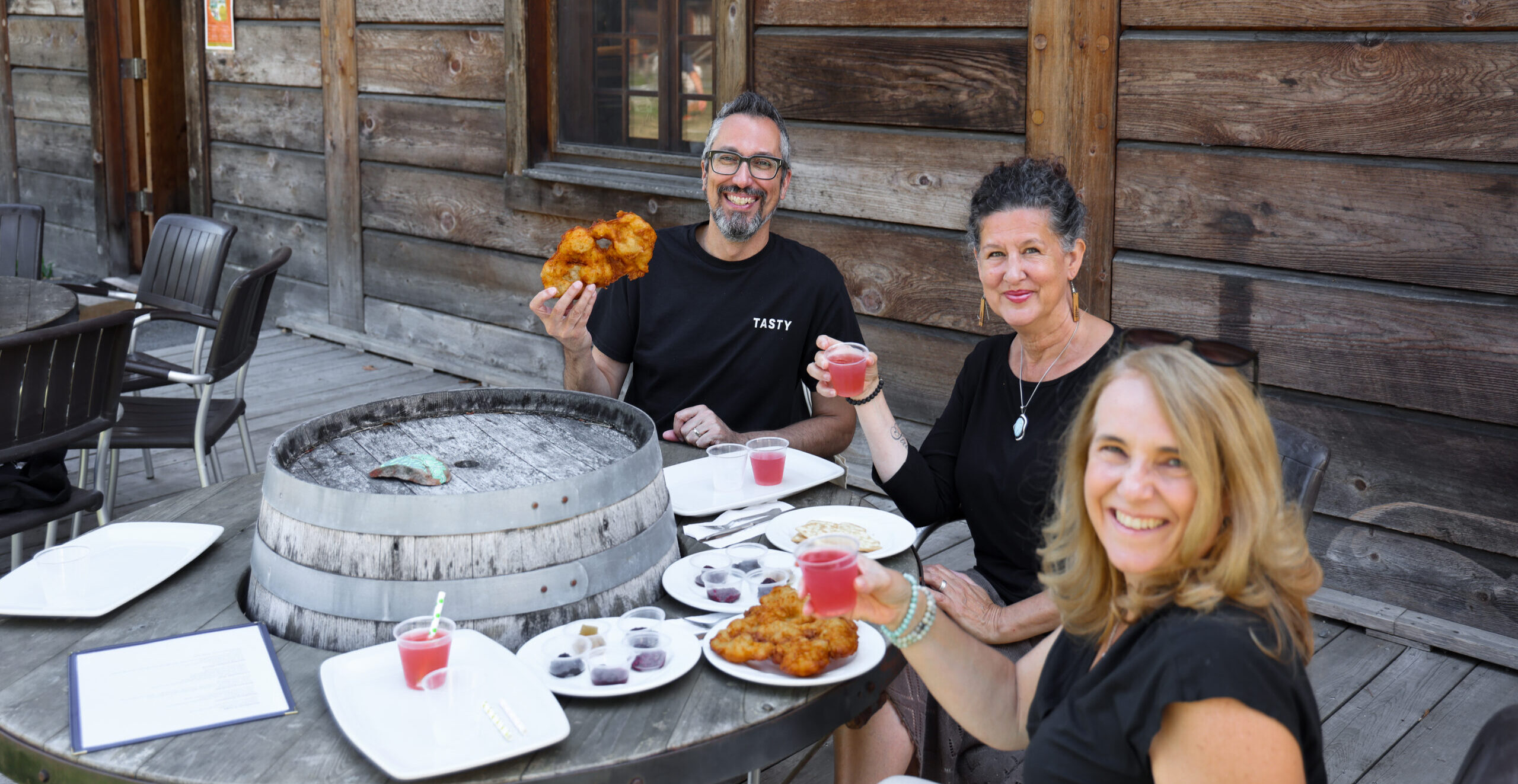
Canadian Foods
McCain Foods produces frozen foods from New Brunswick. French’s uses 100% Canadian tomatoes in their ketchup.
Canadian food products include:
- Pure maple syrup
- Ice wine
- Cheese
- Frozen vegetables
- Condiments
- Processed meats
Local farms supply fresh produce and dairy products. Many food processors work directly with Canadian farmers.
Other Notable Industries
Canadian manufacturers excel in cookware, jewelry, and outdoor gear. Ecksand creates fine jewelry using ethical practices.
The luggage and bag industry produces durable travel goods. Several companies make shoes and boots suited for Canadian weather.
Manufacturing sectors include:
- Home goods
- Furniture
- Sports equipment
- Tools
- Electronics
- Transportation equipment
Small and medium-sized factories maintain high production standards. Many focus on specialty items for specific markets.

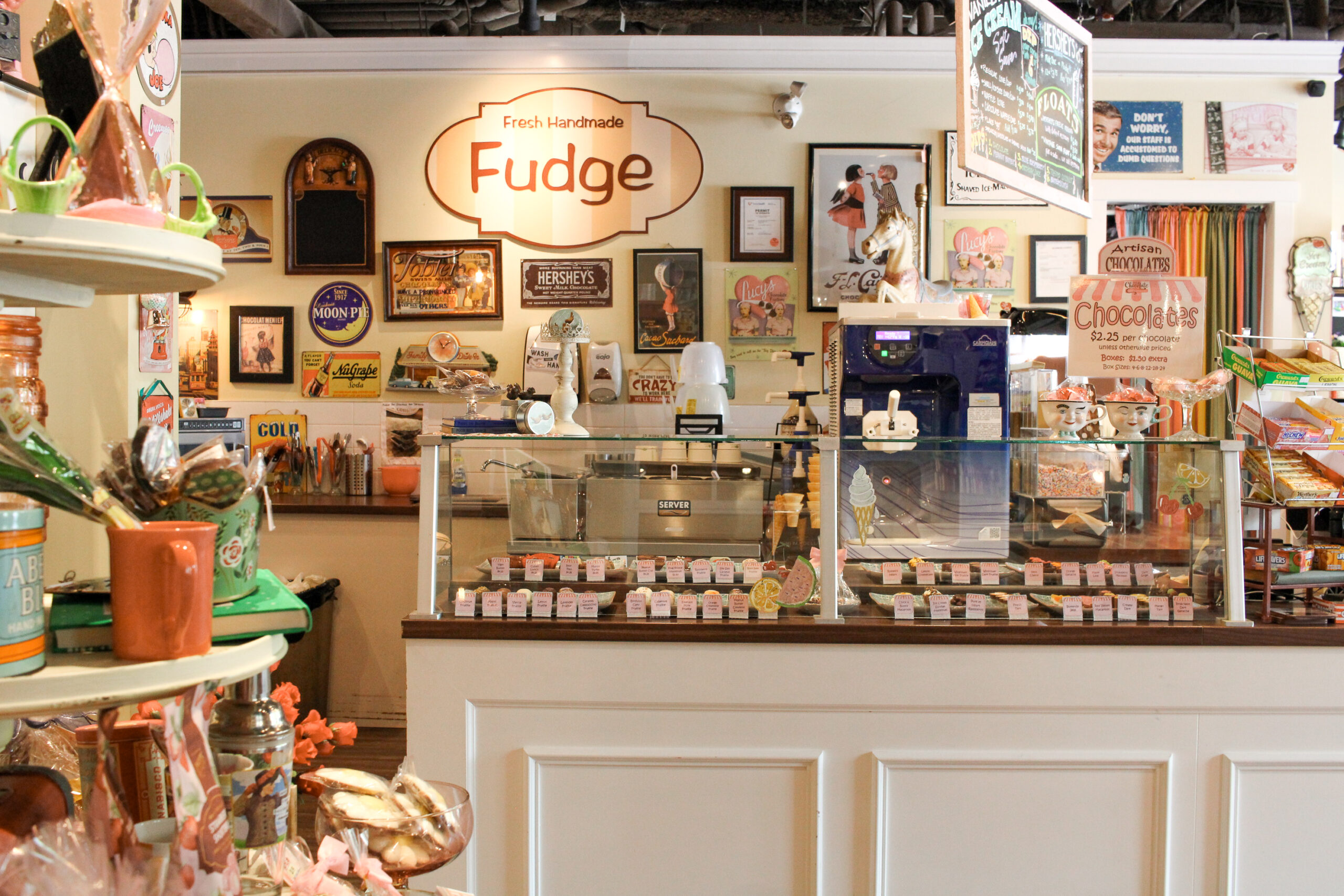
The Importance of Supporting Local
Small local businesses employ over 10.3 million Canadians and make up 98% of employers across the country. Each purchase from a local business directly impacts Canadian communities and families.
Buying from Canadian artisans helps preserve unique cultural traditions while ensuring traditional crafts and skills continue for future generations. These artisans create authentic pieces that truly represent Canada’s diverse heritage.
Shopping locally reduces environmental impact. Local businesses often source materials from nearby suppliers, which means products travel shorter distances. This leads to a smaller carbon footprint for made-in-Canada goods.
Canadian-made products meet strict quality standards. Local artisans take pride in their work and maintain high levels of craftsmanship. They often use premium materials and pay close attention to detail.
Local food markets strengthen community food systems. With over 500 markets across Canada growing at 5-7% annually, these venues connect consumers directly with local producers.
Key benefits of supporting local:
- Creates jobs in Canadian communities
- Keeps money circulating in local economies
- Maintains unique Canadian traditions
- Reduces environmental impact
- Ensures high product quality
Supporting Canadian-made products helps create jobs and strengthen the local economy. Many Canadian products display the maple leaf symbol alongside these labels to highlight their Canadian origin.
Regulations and Standards
Canadian regulations set strict rules for product labeling claims. The Competition Act, Consumer Packaging and Labelling Act, and Textile Labelling Act govern how companies can market their products as Canadian-made.
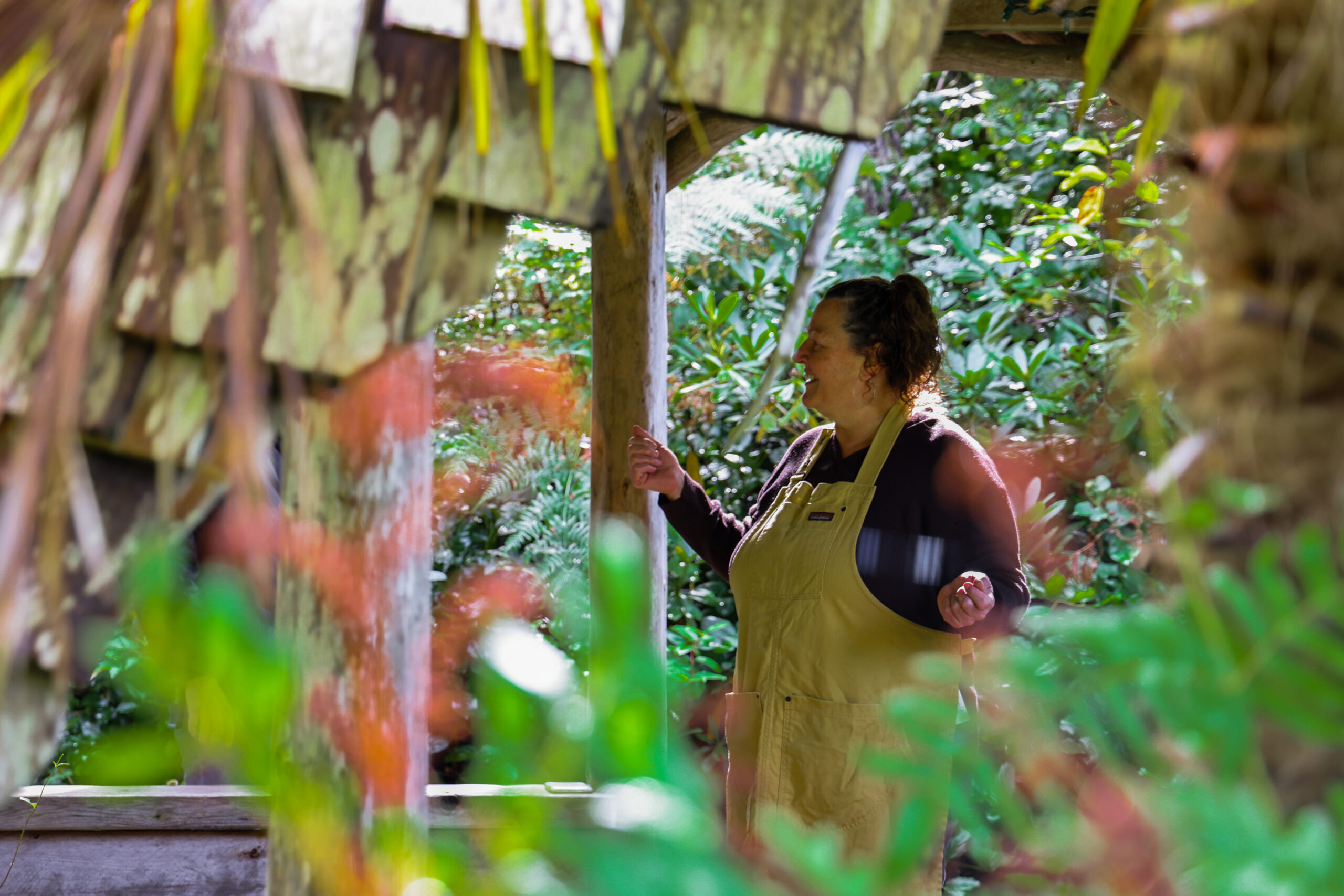
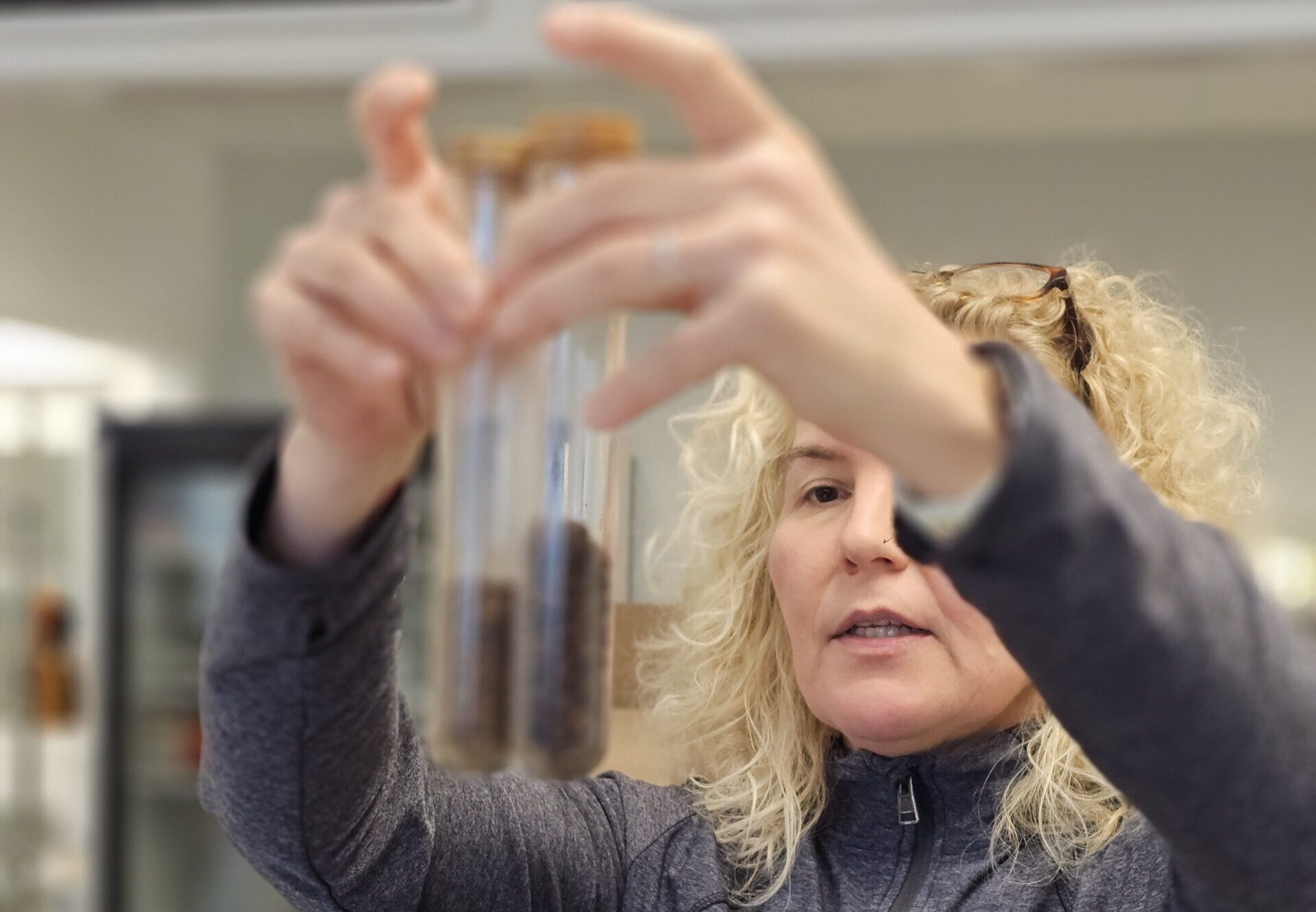
Last Substantial Transformation
Products must undergo their final substantial manufacturing process within Canada’s borders to qualify for “Made in Canada” claims. At least 51% of production costs must occur in Canada.
The term “Product of Canada” requires stricter standards. These items need at least 98% Canadian content and processing. Only minimal foreign ingredients or components are allowed.
Companies must clearly state if products contain significant imported content. Labels should include qualifying statements like “Made in Canada with imported parts” when appropriate.
Industry standards are enforced by multiple government agencies:
- Competition Bureau
- Canadian Food Inspection Agency
- Innovation, Science and Economic Development Canada
Experience Authentic “Made in Canada” Flavours
Find Local with Chew On This
As the dedicated team at Chew on This Tasty Tours, we’re proud to showcase authentic Canadian culinary experiences that celebrate our nation’s rich food heritage. By choosing our tours, you’re not just enjoying delicious local flavours—you’re directly supporting the 10.3 million Canadians employed by small businesses and contributing to our country’s growing food tourism sector. From sampling ice cream made with 100% Canadian dairy to a fine dining tasting comprised of everything locally sourced, our carefully curated experiences connect you with the passionate producers behind the “Made in Canada” label.
The next time you’re planning an adventure, remember that your decision to explore with us helps preserve Canadian culinary traditions, reduces environmental impact through shorter supply chains, and strengthens local economies from coast to coast. Book your next foodie journey with Chew on This Tasty Tours and savour the authentic taste of Canada while making a meaningful difference to the communities we visit.
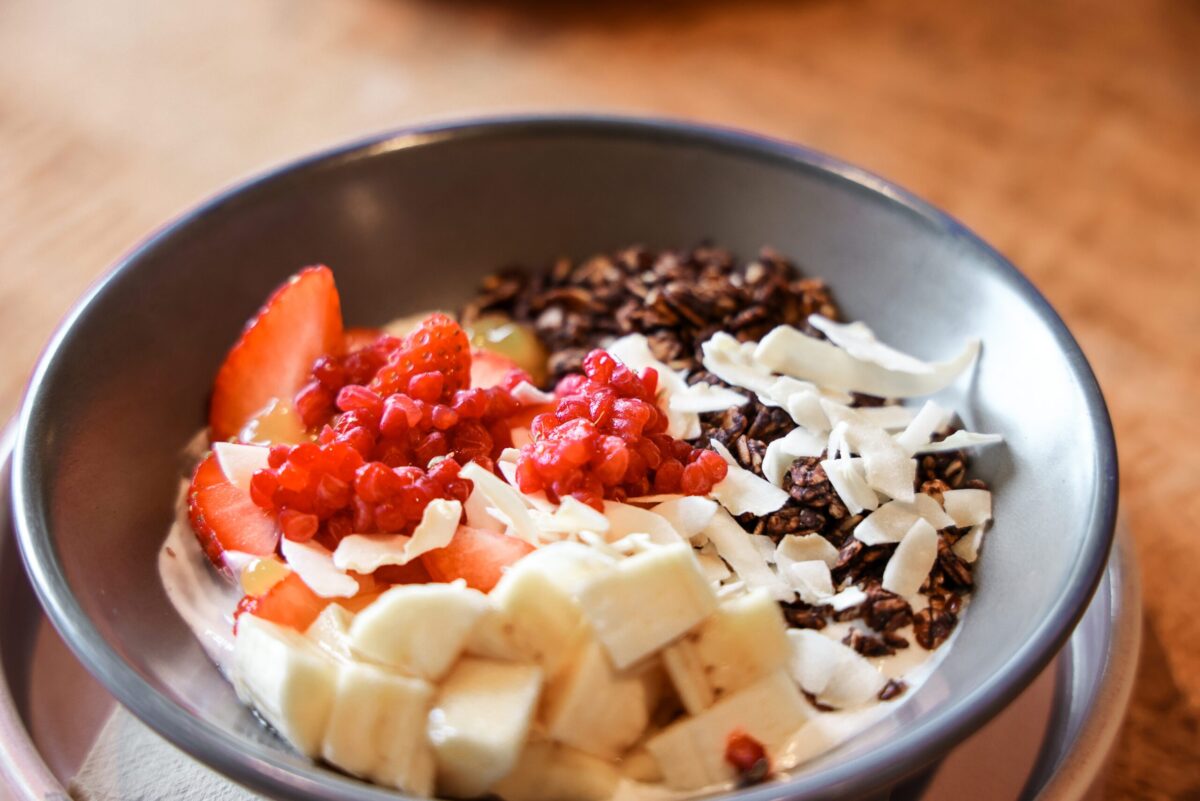

Rooted in British Columbia, we're dedicated to crafting unforgettable culinary experiences. For inquiries or personalized recommendations, please contact us at
Menu
Chew on this
Indulge in seamless culinary journeys with Chew On This Tasty Tours. Expertly curated experiences, where every detail is meticulously planned to delight your senses.
Social Media
Newsletter
Join Our Culinary Insider Circle for Exclusive Offers & Early Access